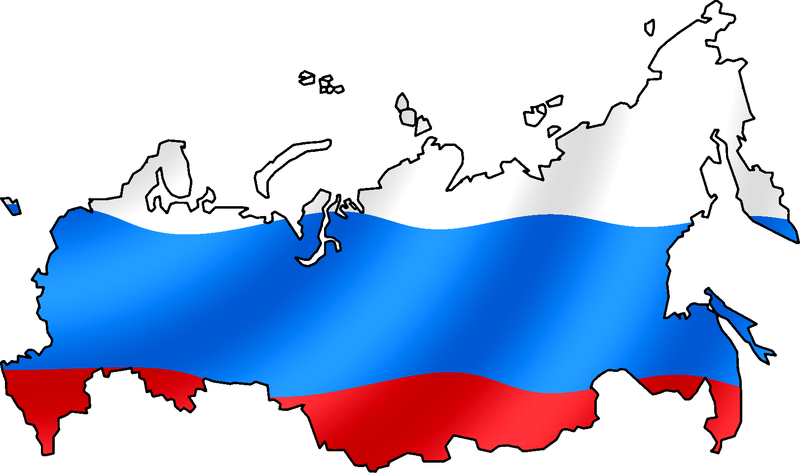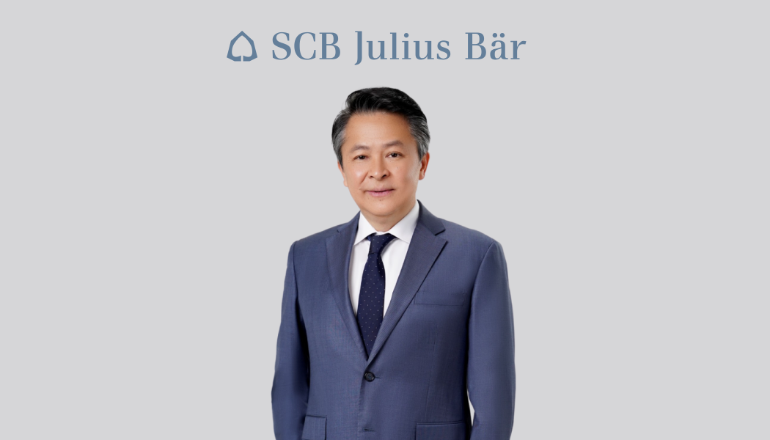
Basic materials has been the most important sector in driving the growth in Russian HNWIs, but the technology sector has been booming in recent years amid the Russian government’s attempts to build its own Silicon Valley. Christopher Rocks looks into recent research by WealthInsight suggesting that wealth managers should pay attention to this fast-growing sector.
Since the 1990s, the rise in the number of wealthy Russians has been dramatic – after all, the country emerged from the Soviet Union without any billionaires; as of the end of 2011 there are 92.
However, this wealth has been largely concentrated in the basic materials sector and the number of HNWIs has stalled in recent years amid a period of global economic turmoil.
However, recent research by WealthInsight, the London based global wealth consultancy, details how the Russian HNW landscape will look in 2016, indicating new opportunities in a changing wealth sector.
One of the most interesting conclusions is the rise of wealth generated from the tech sector.
WealthInsight’s report on Russia, Russia – The Future of HNWIs to 2016: The Land of Oil and Gas looks at a review period stretching back to 2007 and a forecast period stretching to 2016 and shows rapid growth in wealth going forward.
How well do you really know your competitors?
Access the most comprehensive Company Profiles on the market, powered by GlobalData. Save hours of research. Gain competitive edge.

Thank you!
Your download email will arrive shortly
Not ready to buy yet? Download a free sample
We are confident about the unique quality of our Company Profiles. However, we want you to make the most beneficial decision for your business, so we offer a free sample that you can download by submitting the below form
By GlobalData
Financial crisis hits HNW wealth
In 2007 there were over 194,000 HNWIs in Russia according to WealthInsight, but the number of HNWIs dropped sharply in 2008 following a crash in the Russian stock market.
The next two years witnessed a recovery, then a slump in the number of HNWIs. By 2011 the number of wealthy individuals had fallen to just over 159,000 with a combined wealth of $941bn.
Analysing the distribution of the high net worth population in Russia, WealthInsight finds their wealth heavily concentrated in a few key industries.
Basic materials (which includes oil, gas, steel, mining and agriculture) is the most important sector, constituting the primary source of wealth for 26% of UHNWIs.
Basic materials not performing well
UHNWIs from the basic materials sector have often benefitted from an entrenched position in the economy stemming from a wave of industry privatisations in the 1990s.
They have performed well since 2007, increasing in volume by 5%. This was supported by a 51% rise in oil prices and a 22% rise in European natural gas prices over the review period, which boosted wealth in the basic materials sector and facilitated Russia’s recovery from the recent financial crisis.
In the process, however, the economy has become more vulnerable to a future slowdown in commodity prices.
Yet, despite the rise in commodity prices, basic materials was not the best performing sector in terms of UHNWIs wealth in recent years.
Between 2007 and 2011 the number of UHNWIs who acquired their wealth through technology grew by 21% – more than any other major sector, albeit from a lower base.
HNWIs to increase – and diversify – to 2016
After growth in HNWIs stalled in recent years, WealthInsight expects their wealth and volumes to improve over the forecast period as businesses are developed within the country and overseas investors move in following Russia’s ascension to the World Trade Organization (WTO).
By 2016, the total wealth of Russia’s HNWIs is projected to grow by almost 40%, to reach $1,30bn. HNWI volumes will record a smaller percentage increase, growing by 36% to reach just over 216,000 individuals in 2016.
At the end of 2011, the technology sector is the primary source of wealth for fewer than 6% of Russia’s ultras according to WealthInsight.
However, since 2000, the Information and Communication Technology sector has grown four times faster in Russia than the average performance of the economy and the numbers of UHNWIs coming from the technology sector is expected to continue its rapid growth going forward.
Russia get onlines, rapidly
Not traditionally known for tech-entrepreneur success stories, Mark Zuckerberg, co-founder and chief executive of Facebook, will visit Moscow at the start of October to hold talks on tech-innovation with Prime Minister Dmitry Medvedev, at a time when internet and social network use is rising.
Yandex, the internet company which operates the largest search engine in Russia with about 65% market share, accounts for two of them (see table). Its founders, Arkady Volozh and Ilya Segalovich, have an estimated combined net worth of $1.5bn according to WealthInsight’s database.
The company, often referred to as the ‘Google of Russia’, raised $1.3bn from an initial public offering in May 2011; at the time it was the biggest internet IPO since Google’s in 2004, valuing the company at $8bn.
Investors’ enthusiasm was underpinned by expectations of rapid internet growth in Russia with a corresponding increase in the use of the internet as an outlet for advertising.
In 2011, Russia overtook Germany as the European market with the highest number of unique visitors online and McKinsey, a global management consulting firm, highlights the strong potential of the country’s internet market.
Internet penetration rates, relatively low compared to developed markets, are expected to increase from 40% to 70% over the next four years according to a report by Russia’s Public Opinion Foundation, a Moscow-based polling agency, creating opportunities for growth and profitability in the technology sector.
Russian tongue: challenge for competitors
In addition, companies like Yandex are valued for their knowledge of local markets, understanding of political nuances, and grasp of Russia’s complex language. These act as barriers to Western competitors looking to gain a share of the Russian market and offer major advantages to local firms.
But despite these factors, and high levels of human capital and scientific potential, between 2004 and 2009 the internet’s contribution to GDP growth was just 1% in Russia; the average for BRIC countries was 3%. Compared with the other ‘BRICS’, only Brazil is behind Russia in its ratio of UHNWIs coming from the technology sector.
Kremlin eyes Russian Silicon Valley
In response, the Russian government has made innovation a national priority. Several top-level Government policies are to be implemented to overcome the "disbalance in the national system of innovation and general low perception of the Russian entrepreneurial sector to innovation".
A network of development institutions have been established (the Technology Fund, the Russian Venture Company, the Development Bank) and technology hubs created (Kazan IT Park, Tomsk Technology Park, the Skolkovo Innovation Centre).
Measures have also been taken to boost incentives for innovative enterprises; avenues for commercialisation; and improve strategic links, notably with the Massachusetts high-tech sector.
25m tech jobs by 2020
A newly designed Strategy-2020 policy framework will be launched by the country’s new government in the second half of 2012 and the returning president, Vladimir Putin, has called for the creation of 25m hi-tech jobs by 2020.
Ascension to the WTO should pave the way for further modernisation of the economy, although government’s actions will guide the extent and speed of advances.
Stephen Rocks, a Russia analyst at Timetric, an economic research firm, comments: "WTO accession represents a significant opportunity for Russia to shift towards a more open and diversified economy. The chief gains derive from greater foreign participation in the economy, particularly in the services sector."
These initiatives will take time to bear fruit, and while risks remain, their implementation should boost private activity in the technology sector over the medium term.
This should lead to increased wealth creation, boosting the numbers of HNWIs coming from the technology sector.







